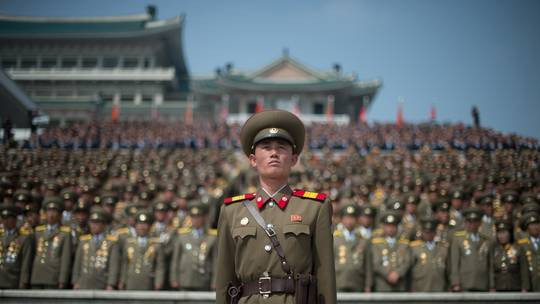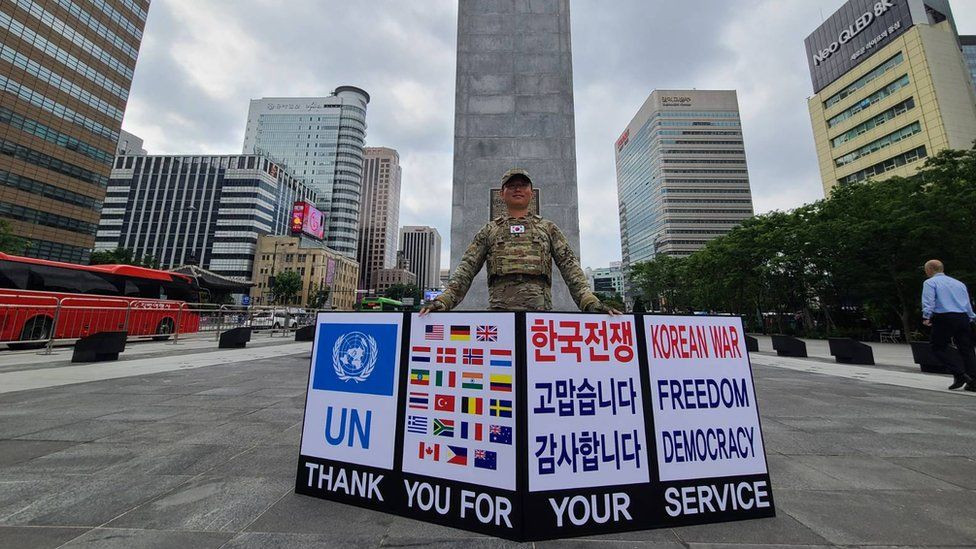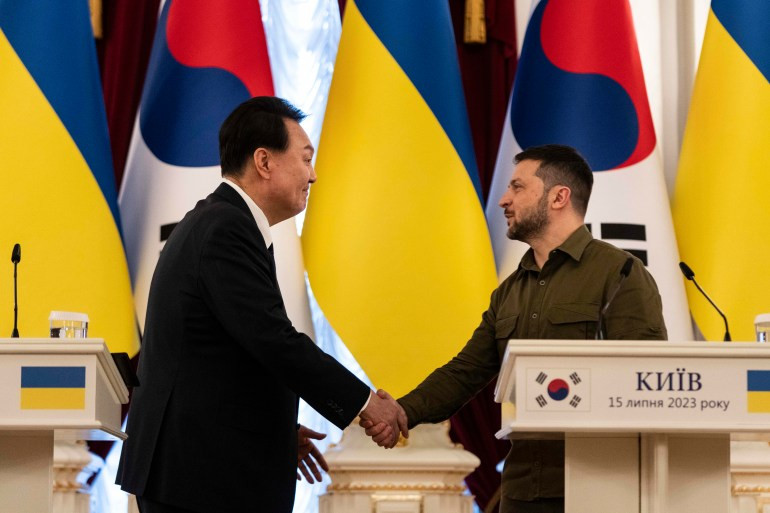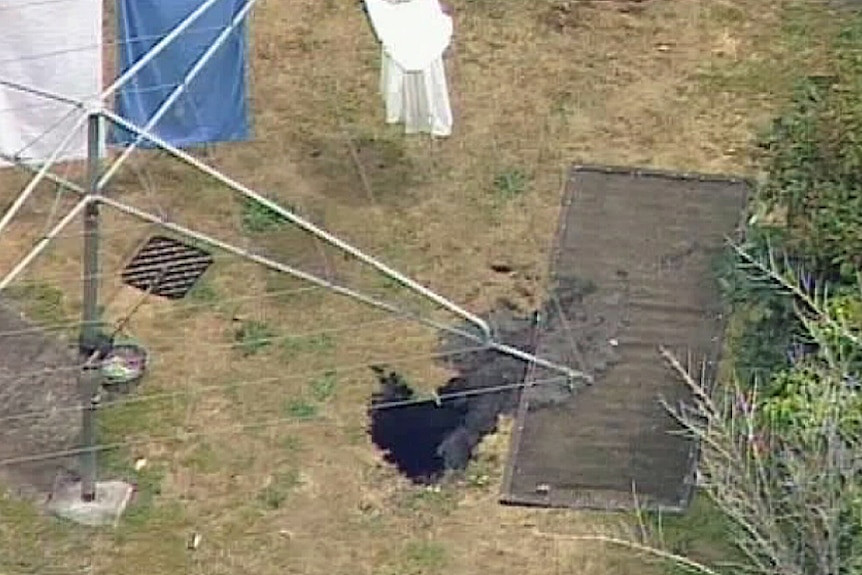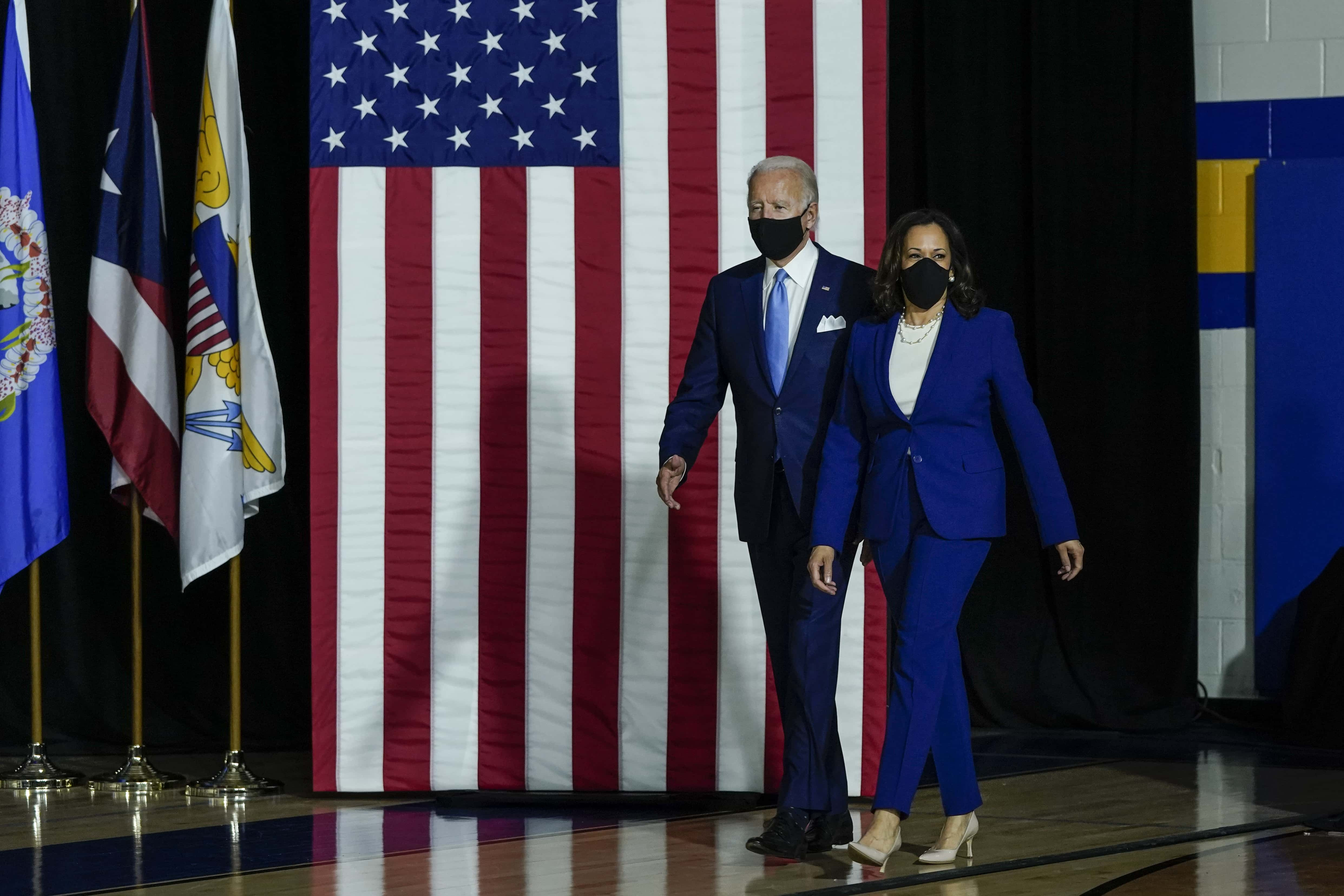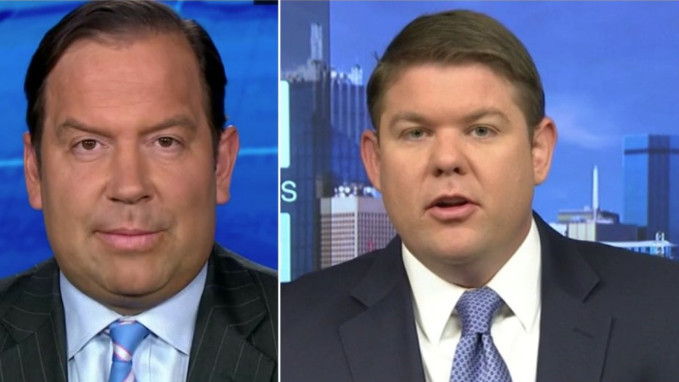South Korea's Shifting Stance: A Response to North Korean Troop Deployment
South Korea is considering directly supplying weapons to Ukraine as evidence increases that North Korean soldiers are preparing to assist Russia in its war against Ukraine. This potential shift in Seoul's policy comes after the South Korean spy agency (NIS) revealed that North Korea had shipped 1,500 special forces personnel to Russia's far east for training and acclimatisation at local military bases for future combat alongside Moscow's troops in Ukraine.
Local media, citing the NIS, said Pyongyang had decided to dispatch 12,000 troops, formed into four brigades, to Russia. This development underscores the potential for a divided Korean peninsula to become entangled in the conflict. A senior official at the office of South Korea's president, Yoon Suk Yeol, said on Tuesday that Seoul could consider providing defensive and lethal weapons to Ukraine depending on developments.
“We would consider supplying weapons for defensive purposes as part of the step-by-step scenarios, and if it seems they are going too far, we might also consider offensive use,” the presidential official told reporters, signalling Seoul’s most proactive position towards arming Ukraine to date. This statement marks a significant departure from South Korea's previous stance of not supplying weapons to countries actively engaged in conflict.
The Stakes are Rising: North Korea's Growing Military Ties with Russia
The president’s comment came after South Korea’s national security council held an emergency meeting to explore its responses over North Korea’s increasing military ties with Russia. South Korea, home to some of the world’s largest stockpiles of artillery shells, has provided humanitarian aid and other support to Ukraine, while joining western-led economic sanctions against Moscow. However, the potential deployment of North Korean troops in Ukraine has prompted Seoul to reassess its stance on supplying arms to Kyiv.
Seoul’s policy shift would be welcomed by Kyiv, which is facing a desperate shortage of munitions. Ukraine’s president, Volodymyr Zelenskyy, earlier called for a “strong response” from international partners to North Korea’s involvement in the ongoing war. Meanwhile, a series of clips have surfaced over the past few days, reportedly showing North Korean soldiers training in Russia. The Kremlin has declined to directly answer a question on whether or not North Korean troops were going to fight in Ukraine but said that it was Moscow’s sovereign right to develop ties with Pyongyang in all areas.
A Growing Alliance: North Korea and Russia's Strategic Partnership
North Korea’s leader, Kim Jong-un, and the Russian president, Vladimir Putin, who first met in 2019, have been seeking greater military and economic cooperation to counter their growing international isolation prompted by Russia’s invasion of Ukraine and North Korea’s ballistic missile and nuclear weapons programmes. In June, the two leaders signed a pact that includes a clause requiring the countries to come to each other’s aid if either is attacked.
The UK on Monday said that it “assesses that it is highly likely North Korea has agreed to send troops to support Russia’s war in Ukraine”. “It seems that the harder Putin finds it to recruit Russians to be cannon fodder, the more willing he is to rely on the DPRK [North Korea] in his illegal war,” Dame Barbara Woodward, the permanent UK representative to the United Nations, said while speaking in New York. “Putin is clearly desperate. His desperation is a danger to us all.”
South Korea's Countermeasures: A Multi-pronged Approach
South Korea has pledged it will take measures to counter military cooperation between Russia and North Korea despite denials from Pyongyang that it has sent troops to support Moscow’s war on Ukraine. Officials in Seoul said on Tuesday that the alliance between Russia and North Korea represents an international threat and pledged that South Korea will work with its allies to implement countermeasures, potentially including the provision of arms to Ukraine.
South Korea summoned the Russian ambassador on Monday after it accused the North of sending 1,500 soldiers to fight alongside Moscow’s forces in Ukraine. North Korea has dismissed Seoul’s assertion as “groundless rumours”, but Seoul on Tuesday swatted that aside, promising action. “Sending troops to Russia’s illegal war of aggression in Ukraine is a significant security threat not only to our country but also to the international community,” the National Security Council said. “Following the deployment of North Korean combat troops, the government will implement phased countermeasures,” it added.
A Balancing Act: South Korea's Concerns and Cautions
A senior official in President Yoon Suk-yeol’s office said diplomatic, economic and military measures are being prepared, adding that South Korea could revisit its earlier decision not to send arms to Kyiv. Seoul has been under pressure from some Western countries and Kyiv to provide Ukraine with lethal weapons but has so far focused on nonlethal aid, including demining equipment. “We would consider supplying weapons for defensive purposes as part of the step-by-step scenarios, and if it seems they are going too far, we might also consider offensive use,” the official told reporters.
North Korea in recent months has denied accusations from the South as well as the United States that it has been supplying weapons to Russia’s forces. Late on Monday, it slammed the claim from South Korea’s spy agency that it has now sent special forces personnel to Russia’s Far East for training in preparation for deployment in Ukraine. “As for the so-called military cooperation with Russia, my delegation does not feel any need for comment on such groundless, stereotyped rumours,” a North Korean representative said at a committee meeting during the UN General Assembly.
The Potential Implications: A Shift in the Global Power Dynamics
Seoul’s accusations, the official said, are “aimed at smearing the image of [North Korea] and undermining the legitimate, friendly and cooperative relations between two sovereign states”. Russia has not confirmed Pyongyang’s troop deployment but defended its military cooperation with the North, saying on Monday that it “is not directed against the interests of South Korea’s security”. Pyongyang and Moscow have been allies since North Korea’s founding, and Russia’s full-scale invasion of Ukraine in 2022 has drawn them closer.
The possibility of North Korean troops joining the war in Ukraine has raised alarm bells in the international community. The potential consequences of such a development extend far beyond the immediate conflict in Ukraine, potentially impacting the global balance of power and security dynamics. The escalating tensions underscore the complex web of alliances and rivalries that are shaping the world's geopolitical landscape.
The Bigger Picture: A Test of International Diplomacy and Security
The deployment of North Korean troops in Ukraine, if confirmed, would be a significant development with potentially far-reaching consequences. The international community is closely watching the situation, seeking to understand the implications and potential responses. The conflict in Ukraine has become a focal point for global tensions, testing the limits of international diplomacy and security mechanisms.
This situation presents a critical juncture for the international community. The potential for escalation and further conflict is significant, and it is imperative that all parties exercise caution and restraint. The need for dialogue and peaceful resolution is paramount to prevent a further deterioration of the situation.
The Future Uncertain: A Complex and Evolving Landscape
The situation in Ukraine remains fluid, with new developments emerging almost daily. The potential involvement of North Korea adds another layer of complexity to an already precarious situation. It remains to be seen how the international community will respond and what impact these developments will have on the course of the war and the broader geopolitical landscape.
The war in Ukraine has already had a profound impact on the global order, and this new development only serves to underscore the fragility of the international system. The need for diplomacy, dialogue, and cooperation is more pressing than ever in this rapidly evolving and uncertain world.
The Road Ahead: Challenges and Opportunities
The potential deployment of North Korean troops in Ukraine represents a significant challenge for the international community. It underscores the need for a comprehensive approach to conflict resolution, addressing the root causes of conflict, and fostering cooperation and dialogue between nations. This situation also presents an opportunity for the international community to reassert its commitment to the principles of international law, human rights, and security.
The challenges ahead are formidable, but the international community has a responsibility to work together to address these issues and build a more peaceful and just world. The stakes are high, but so too are the opportunities for cooperation and positive change.
Beyond the Battlefield: A Quest for Peace and Stability
The war in Ukraine is a stark reminder of the human cost of conflict. The humanitarian crisis unfolding in the region is a testament to the need for peace and reconciliation. The international community must work together to alleviate suffering, rebuild shattered lives, and prevent future conflicts from erupting.
The involvement of North Korea in the conflict highlights the need to address the underlying issues that contribute to instability and conflict. This includes promoting economic development, fostering dialogue and understanding between nations, and strengthening international institutions. A more just and equitable world order is essential to prevent future conflicts and build a lasting peace.
The future of the conflict in Ukraine and the broader global security landscape remains uncertain. However, it is clear that the international community must work together to address these challenges and build a more peaceful and stable world. The stakes are high, but so too are the opportunities for cooperation and positive change.




